All strictly my own work 🙂
All strictly my own work 🙂
As my youthful son trained on the Yarra, I revelled in my Sunday mornings spent exploring its banks. I loved to follow the path between Herring Island and Princes Bridge.
Before describing this delightful path, I’d like to acknowledge the Wurundjeri, the people to whom this land belongs and from whom it was so cruelly taken.
“From its source in the Great Dividing Range to the north-east, the Yarra winds its way towards Port Phillip Bay. By the time it passes through Prahran and Richmond, the River is a large, slow-moving, and at times dangerous, river that has claimed many lives since Europeans first settled near its banks in the mid-1830s. An island in the middle of the Yarra and a boulevard along its banks are two notable features of this part of its course.
Herring Island is the Yarra’s only island. Floods have always presented a threat to property development along the lower reaches of the Yarra River. In part, this is because the numerous bends in the river restrict the rate at which water can flow towards the Bay. One approach to minimise the impact of heavy rain on river heights was the excavation in 1929 of a channel to allow water to by-pass one major bend. The channel cut through an abandoned bluestone quarry hole in Richmond, and Como (later renamed Herring) Island was created. In 1932/3 levee banks were built on the Island and trees planted. These measures, however, could not withstand the worst flood on record; in 1934 the banks and trees were swept far out to sea.
From 1951 to 1970, the Island was leased to the Scout Association, who renamed it Herring Island after their Chief Scout, Sir Edmund Herring. From 1970 the friends of Herring Island attempted revegetation and maintained the Island until its management was overtaken by Melbourne Parks and Waterways in 1994. Since then, the 2.8 ha Island has been redeveloped as an environmental sculpture park, and the old scout hall converted to gallery space.
Prahran’s stunning riverside boulevard, Alexandra Avenue, is a relatively recent creation. Until the 1930s, the Avenue progressed no further east than Chapel Street, though plans for its extension were prepared long before the money became available. At the height of the Great Depression, in 1930/31, the Victorian Government granted unemployment (“sustenance”) relief money for the project. This paid for one week’s work for a total of 720 men during the winter of 1931. They were employed regrading and carting land-fill. All the work was done by hand, using horse drays. Many of the men were not used to manual labour and most were poorly nourished. Every day Mrs Jannese, the foreman’s kind-hearted wife, provided a bowl of homemade soup for each man’s lunch. Additional funding for the roadwork was provided by Sidney Myer the following year.”¹
Today, my favourite among the magical buildings along this grand boulevard is perhaps not one of the majestic old dames, but a perky newcomer who combines audacity with the abstract and angular, and prefers imagination to memory.
Can you spot Saturday night’s revellers, nursing Sunday morning’s blues, and barely balanced, precariously, on the brink of the river?
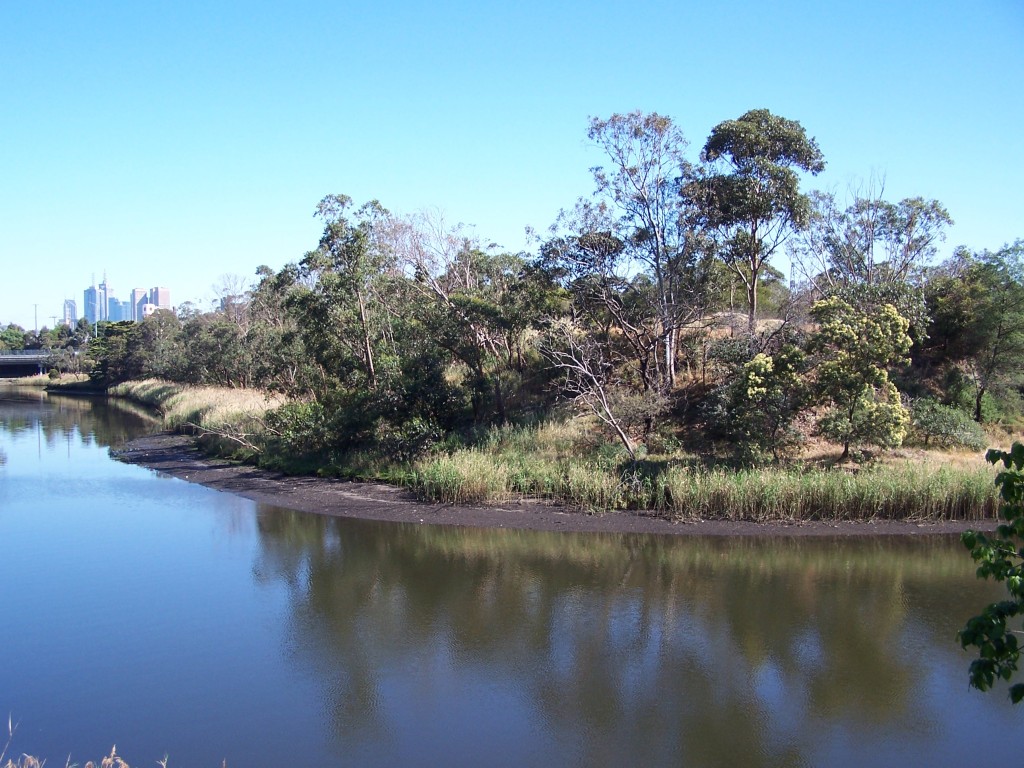
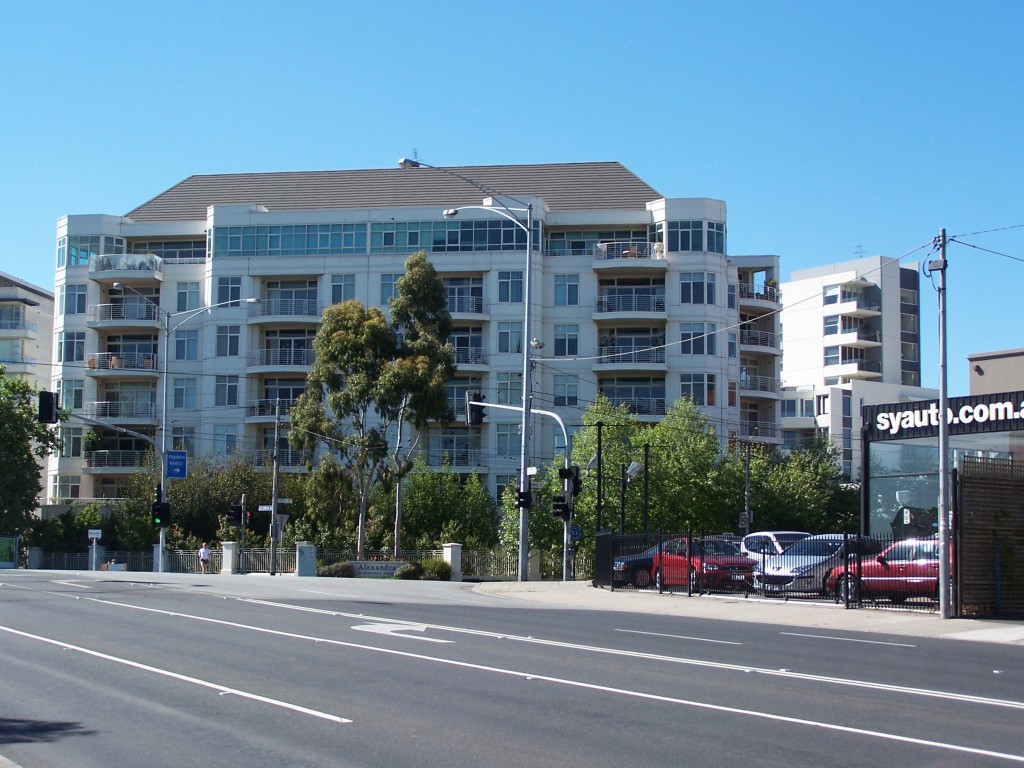
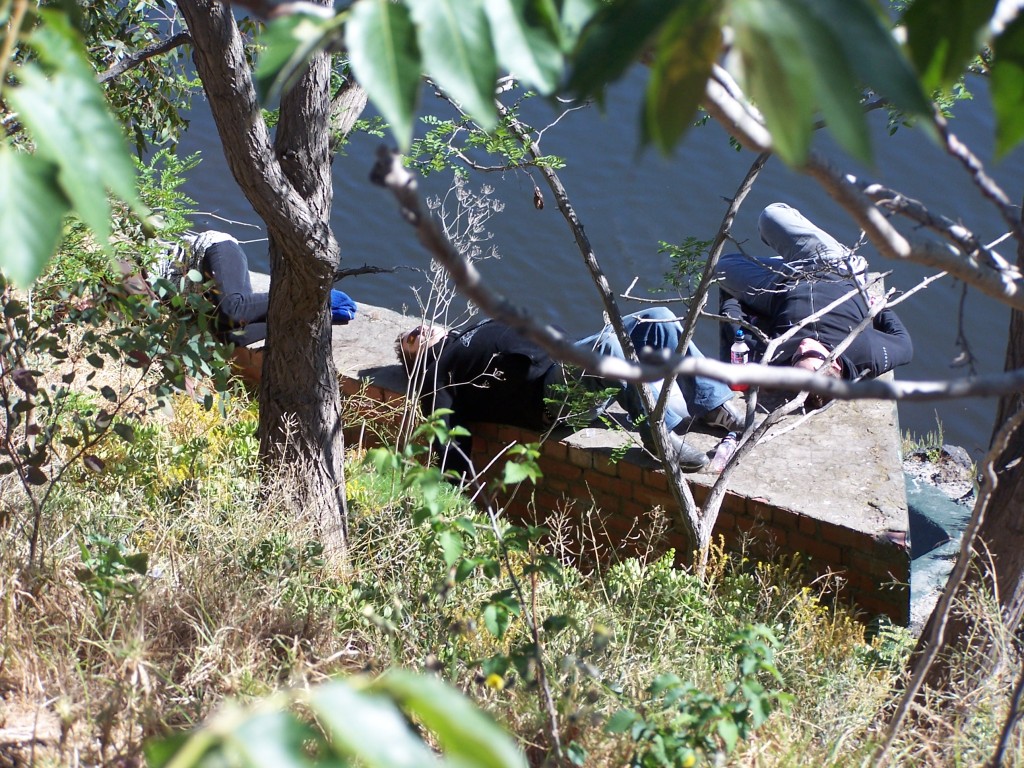
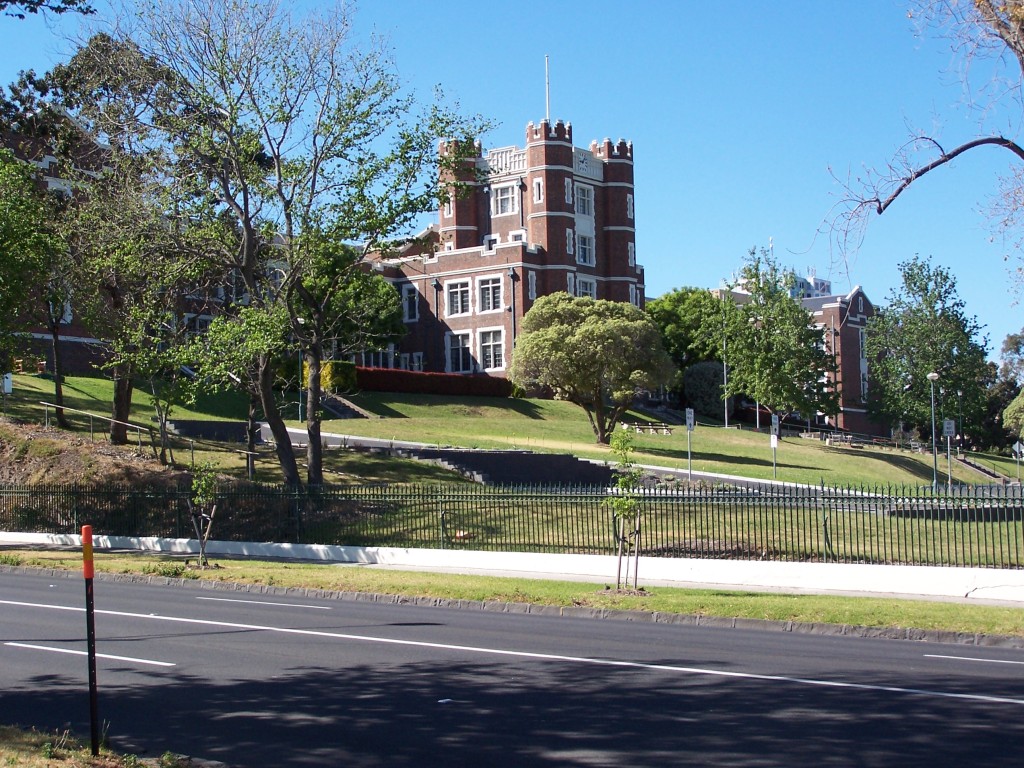
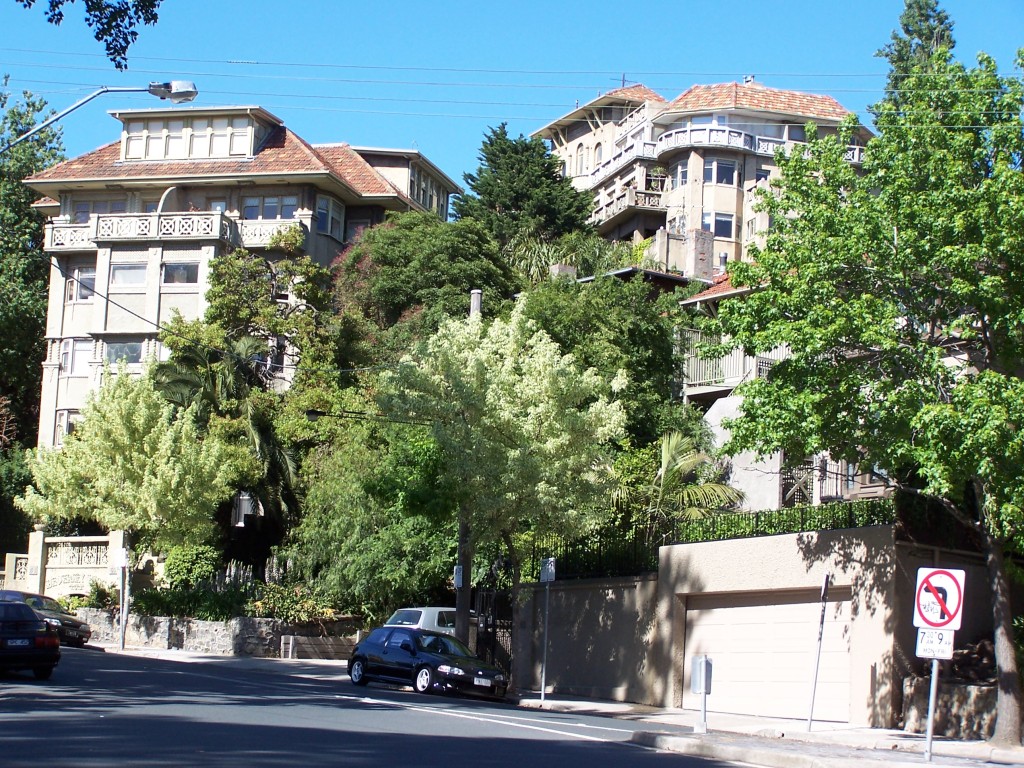
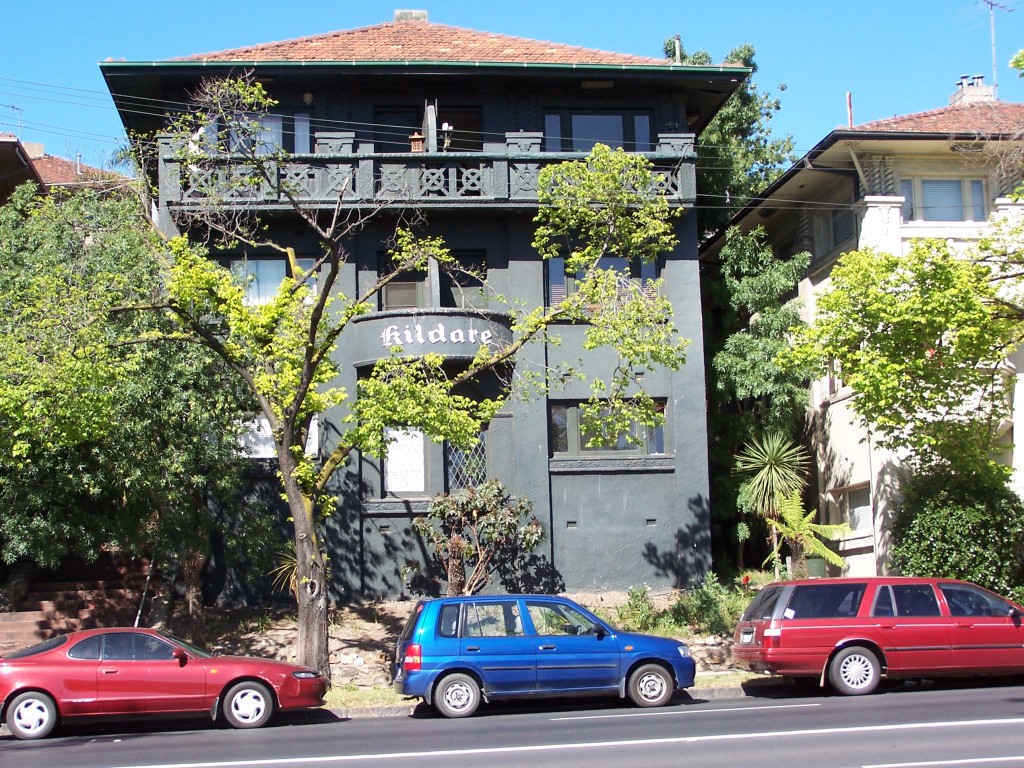
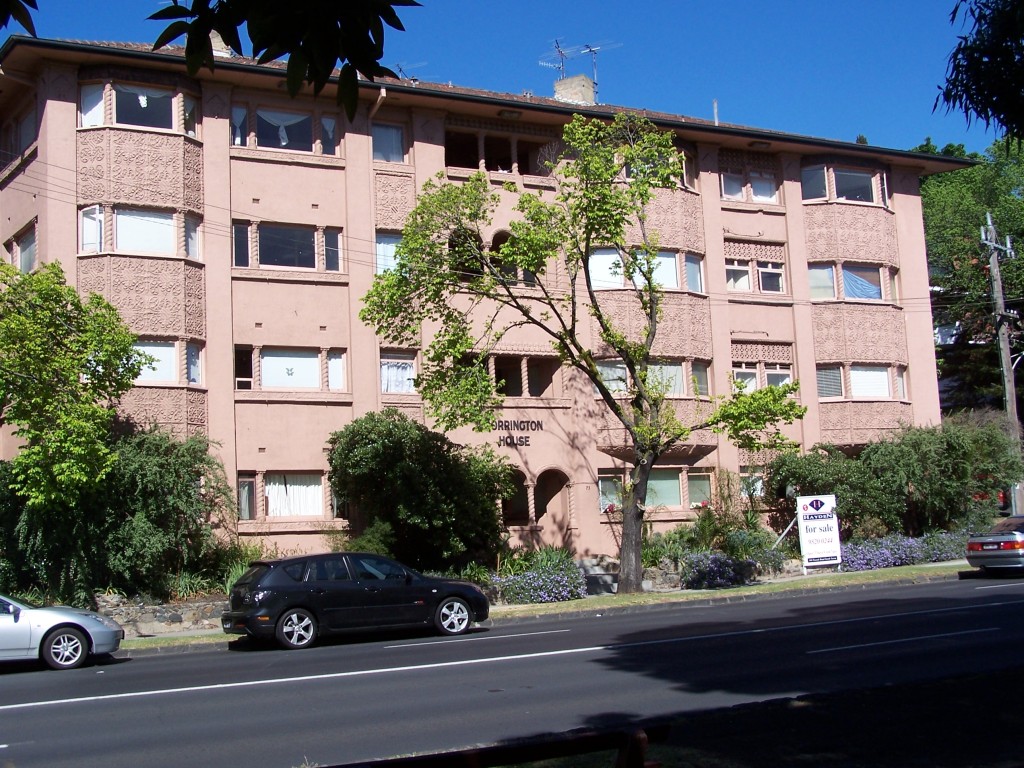
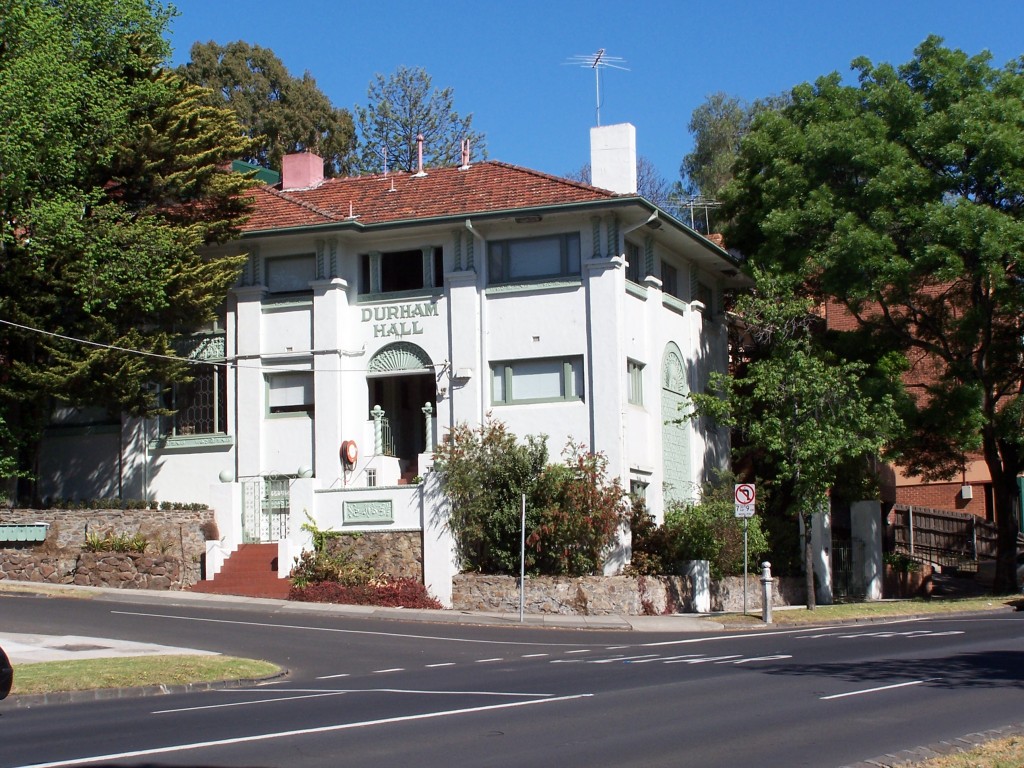

The Punt Road silos in a perfectly accurate, if somewhat stiff, rendition of Paul Kelly’s iconic song
Leaps and Bounds
I’m high on the hill
Looking over the bridge
To the M.C.G.
And way up on high
The clock on the silo
Says eleven degrees
I remember I remember
I’m breathing today
The month of May
All the burning leaves
I’m not hearing a sound
My feet don’t even
Touch the ground
I remember I remember
I go leaps and bounds
Down past the river
And across the playing fields
The fields all empty
Only for the burning leaves
I remember I remember
I go leaps and bounds
I remember everything
Acknowledgments:
¹text from City of Stonnington signboard on the bank opposite Herring Island
Photos: LeeB
Music: Paul Kelly